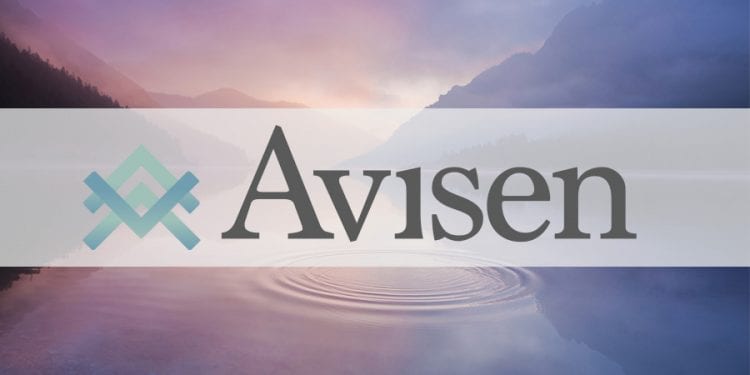While President of the Hennepin County Bar Association in 2015 and 2016, Kim blogged regularly with random thoughts about her random thoughts. These blogs are being “republished” here in the order they appeared during Kim’s bar presidency. Going forward more Deep (or Random Thoughts) by Kim Lowe may or may not be forthcoming. It all depends on what thoughts pop into Kim’s head (or under her high school hair) during the course of the day.
Because the Internet Told Me to: Jousting with Google |
| Posted By HCBA President Kimberly A. Lowe, Monday, August 17, 2015
|
|
Monday: I was meeting with two new clients who had hired me to help them form a new technology start-up social business. Even before I could ask them about their business they were whipping out their laptops and pointing at pages from various websites. They proceeded to tell me about everything they read online and what the internet had told them to do with the formation of their new enterprise. I listened and responded and explained and, in many ways, debunked the myths propagated by various “experts” residing within the hallowed halls of a Google search. In the end, they have a properly structured start-up enterprise that looks nothing like what the internet told them to do. We end the meeting with them asking me why the Internet was so wrong on all of these issues. Tuesday: A law clerk is in my office discussing a project. As I lay out the project and give her marching orders, she asks me if she should use Westlaw. I choke, knowing the bills that could be run up by an enterprising law clerk trying to figure out something with a paid resource, and immediately say she should use Google with the firm statement: “Everything you need to do this project is available on the Internet.” What is going on here? Why is Google “wrong” for a client but “right” for a law clerk? Am I just trying to run up a legal bill to justify my existence as a lawyer, but then just turning to the same resources internally? With the rise of free legal advice websites like Nolo.com (waving the banner of “Law for All,” linked here), blogs by business pioneers who have “been through it before,” and the ever dependable Internet forums like Usenet and FreeAdvice, the temptation to simply ask a question and have it answered—all from the convenience of your living room’s easy chair—can be too much to overcome. In fact, according to a 2011 poll conducted by the American Bar Association, nearly six out of ten respondents claimed they would turn to free online services rather than a lawyer, with that number increasing to two thirds for those respondents under the age of 35 or with an income of less than $35,000 a year. With so many available resources and a willing base of participants, it would seem that Google should be a very effective and useful tool for a person to gain some sound knowledge on their legal issues. Unfortunately, this isn’t the case. Put most simply, a legal education and specialized knowledge in an area of the law gives a lawyer a better lens than a client when it comes to navigating all of the information on the internet. When a client comes to me with Internet “advice,” it is usually in the form of a blog or article or some sort of legal equivalent of WebMD. Just like I always seem to have cancer when I use the Internet to self-diagnose a cold or why I still end up calling (and paying for) a plumber when I have a leaking faucet, even though I watched 25 YouTube videos on how to fix a leaking faucet, Internet “advice” is not really advice. It’s a bunch of information that all of us can access from the comfort of our tablet or smartphone. In order for the information to be actionable it needs to be filtered and applied to the specific circumstances and goals of the client. So how does a lawyer respond to the “Internet” advised client? Don’t joust with Google! You will lose, since we use the same tool to do our job that clients use to try to do-it-themselves. Find those resources or sites or bloggers that provide complete, accurate and understandable information and share these resources with your client. Or better yet, produce your own online resources and information and give it to clients and the world at-large for free.
|







